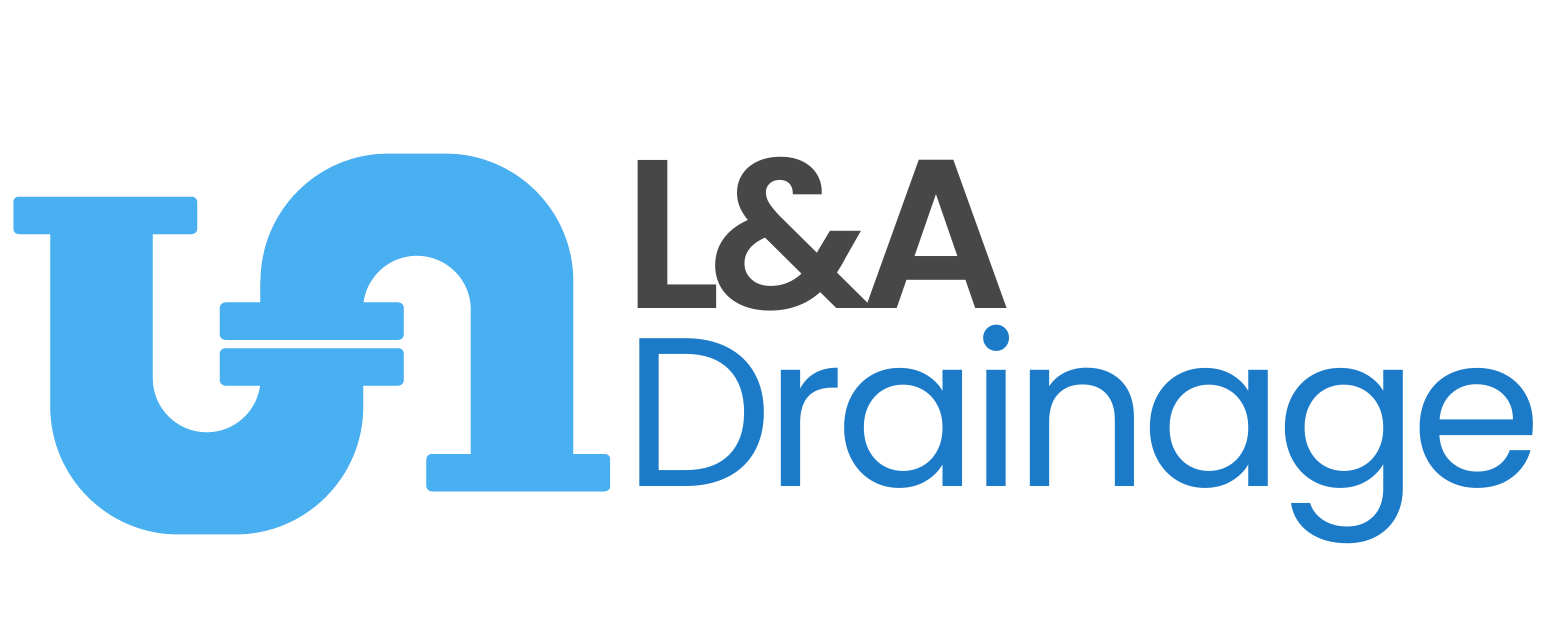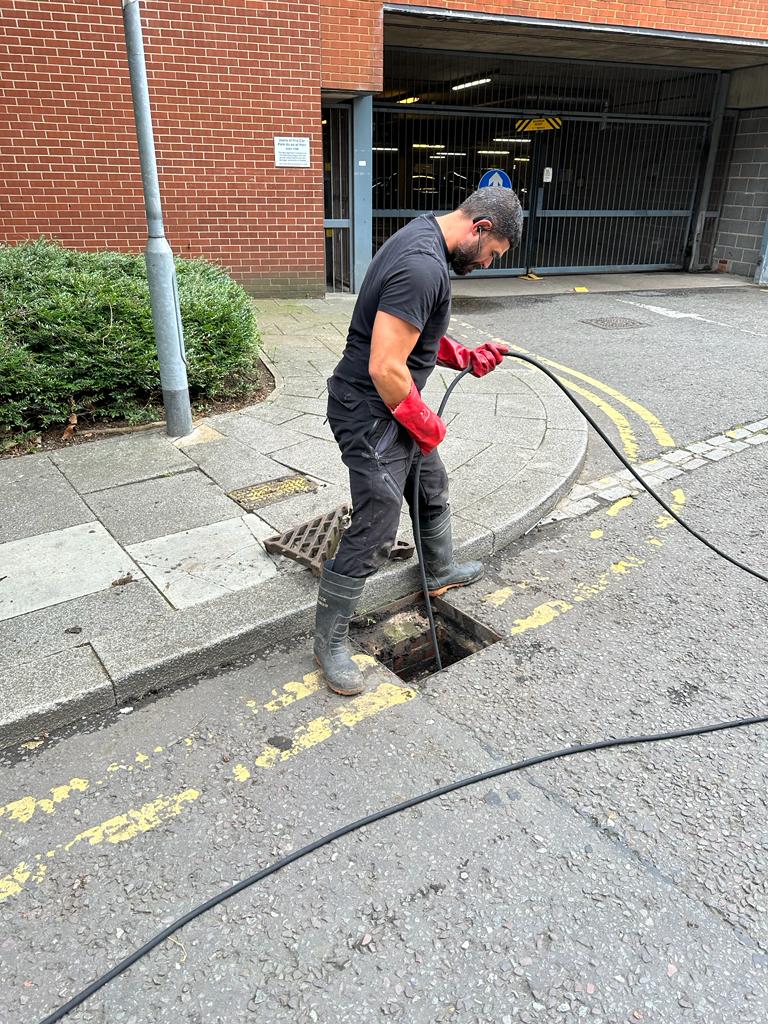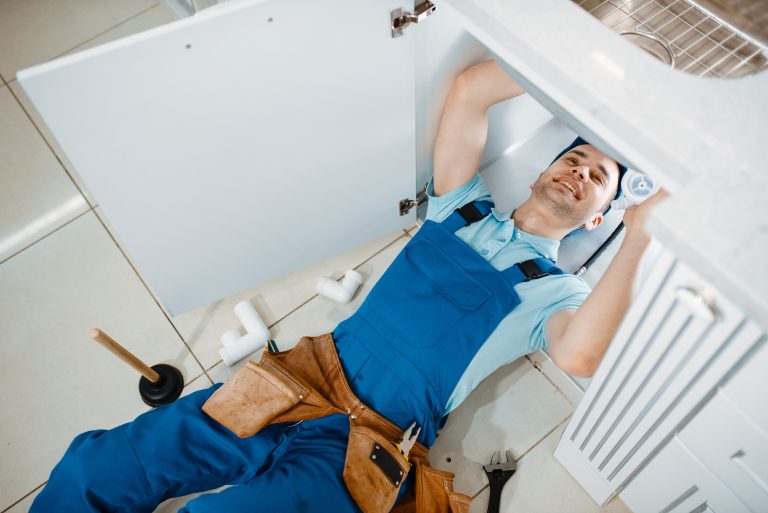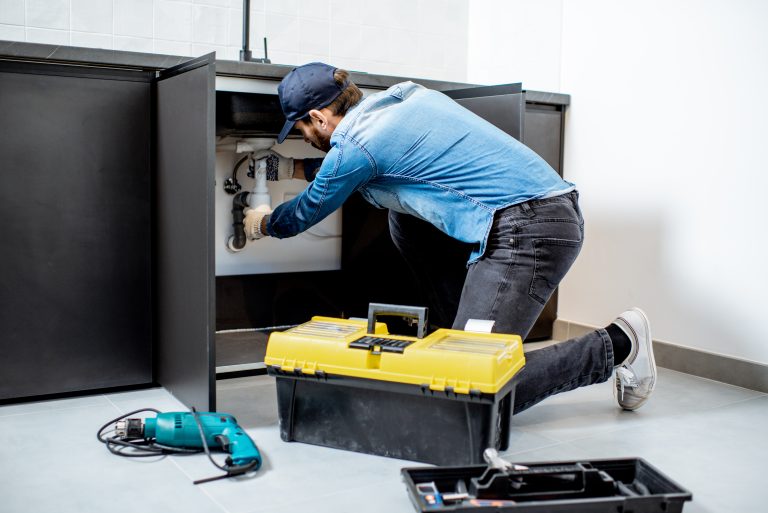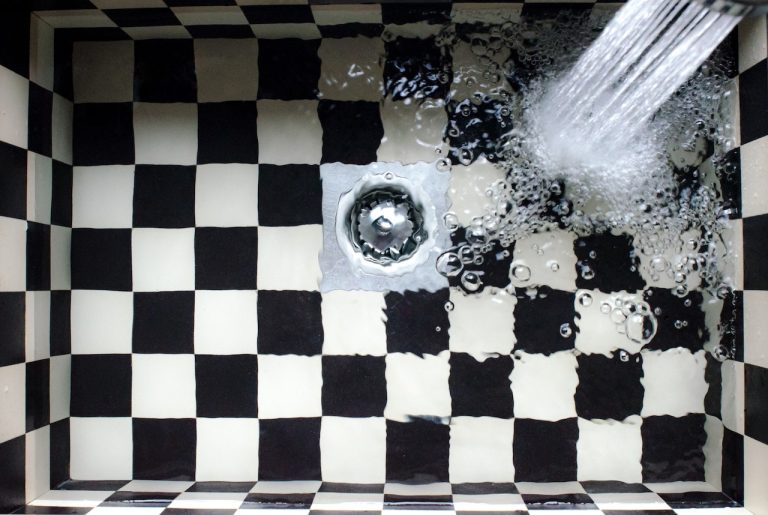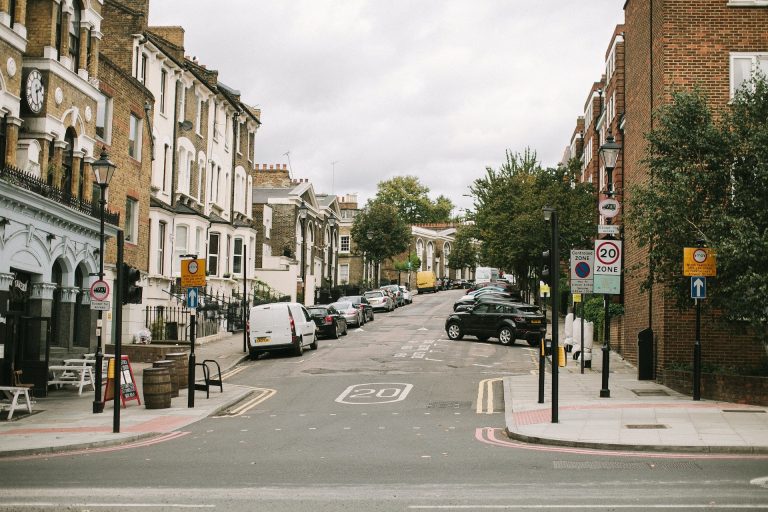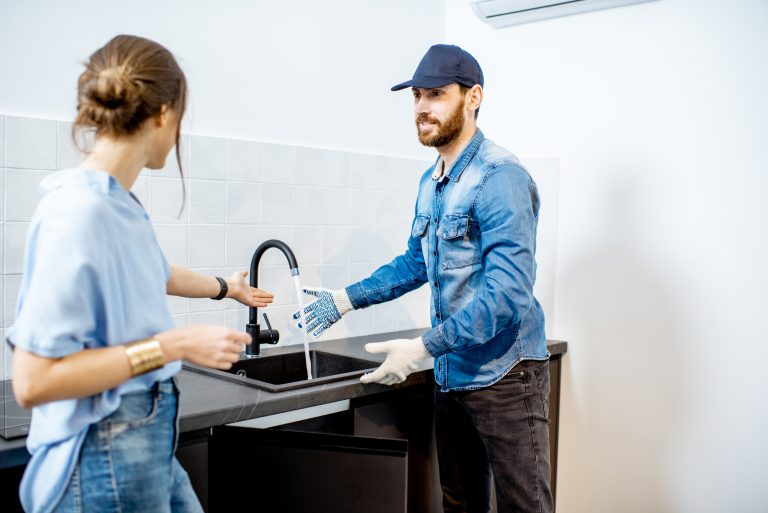Pouring food and oils down the drain is a common practice, but it can have serious consequences for your plumbing system and the environment. Food and oils can clog pipes, cause backups, and even lead to flooding. They can also pollute waterways and harm wildlife.
Clogs
Food and oils can build up in pipes and form blockages. This can lead to backups, which can cause flooding and damage to your property. For example, a clog in your kitchen sink can cause water to back up into your dishwasher or even your refrigerator. A clog in your bathroom sink can cause water to back up into your toilet.
Backups
When food and oils clog pipes, they can back up into your home or business. This can be a major inconvenience, and it can also be a health hazard. For example, if your kitchen sink backs up, you may have to throw away food that has been contaminated with sewage. If your bathroom sink backs up, you may have to wade through dirty water to get to the toilet.
Pollution
Food and oils can pollute waterways and harm wildlife. When they enter the sewer system, they can break down into harmful chemicals that can contaminate drinking water and kill fish and other aquatic life. For example, when grease and oil from cooking is poured down the drain, it can solidify and form blockages in pipes. These blockages can then break off and enter the sewer system, where they can pollute waterways.
What to do instead
There are a few things you can do to avoid pouring food and oils down the drain:
- Compost: Food scraps can be composted, which is a great way to reduce waste and improve your soil. You can compost food scraps in your backyard or in a community compost bin.
- Recycle: Oils can be recycled at most grocery stores. Look for a bin near the checkout counter where you can recycle used cooking oil.
- Dispose of properly: If you have food or oil that you cannot compost or recycle, you should dispose of it properly. This means putting it in the trash, not down the drain.
Additional tips
- Let grease cool completely before disposing of it. This will help to prevent it from solidifying in the trash can.
- Place grease in a sealed container. This will help to prevent it from leaking and attracting pests.
- Do not pour grease down the drain, even if it is hot. This can still clog pipes and cause backups.
By following these tips, you can help to keep your home and the environment safe from the harmful effects of food and oils.
